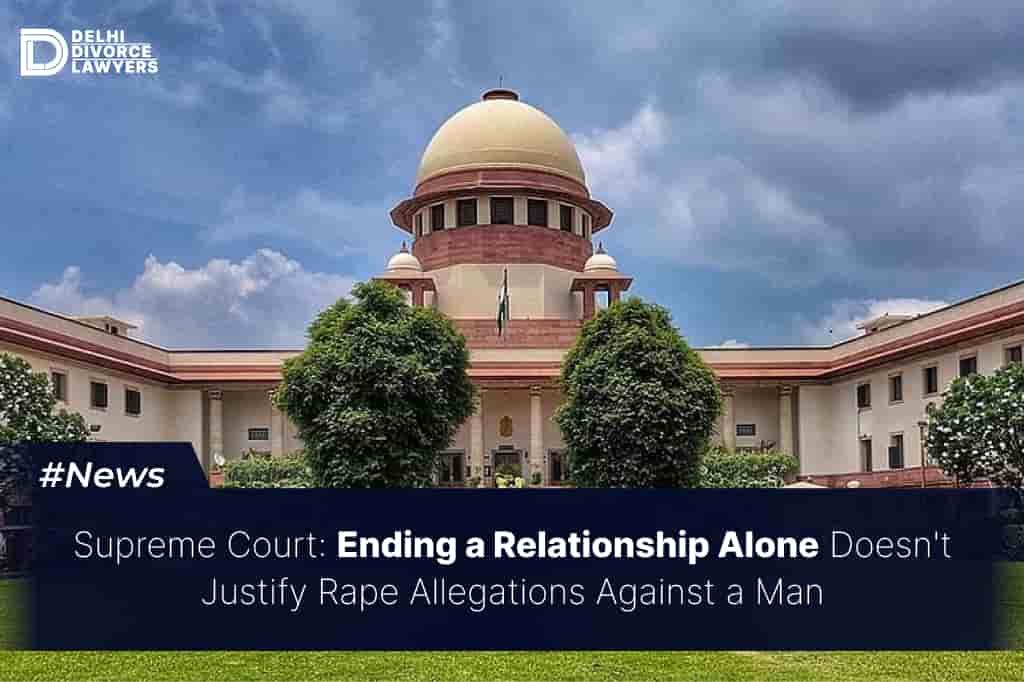The Court was of the view that it was inconceivable for the girl-complainant to maintain a prolonged relationship with the accused without her consent.
On Wednesday, the Supreme Court dismissed a rape case against a man, noting that the complainant’s long-term relationship and physical involvement with him reflected her consent [Prashant v. State of NCT of Delhi].
A Bench comprising Justice BV Nagarathna and Justice N Kotiswar Singh held that the mere end of a consensual relationship does not warrant criminal charges against the man.
The Court further remarked that it was implausible to assume the complainant had engaged in a prolonged relationship with the accused without her consent.
“A mere breakup of a relationship between a consenting couple cannot result in initiation of criminal proceedings. What was a consensual relationship between the parties at the initial stages cannot be given a colour of criminality when the said relationship does not fructify into a marital relationship,” the Court observed.
The Court questioned the claim that the accused had forcibly initiated a sexual relationship after obtaining the complainant’s address.
The Bench observed that the accused could not have accessed the complainant’s address unless she had voluntarily shared it with him.
“It is inconceivable that the complainant would continue to meet the appellant or maintain a prolonged association or physical relationship with him in the absence of voluntary consent on her part. Moreover, it would have been improbable for the appellant to ascertain the complainant’s residential address, as mentioned in the FIR unless such information had been voluntarily provided by the complainant herself,” the Court observed while quashing case against man accused of repeatedly raping a woman on the false pretext of marriage.
In 2019, the complainant lodged a First Information Report (FIR), accusing the appellant of sexually assaulting her under the false promise of marriage.
She also alleged that the accused had threatened to harm her family if she refused to maintain their sexual relationship.
The appellant faced charges under Sections 376(2)(n) (repeated rape) and 506 (criminal intimidation) of the Indian Penal Code, 1860 (IPC). The Delhi High Court rejected his petition to quash the charges, citing sufficient prima facie evidence to proceed with the case.
Unhappy with this decision, the accused approached the Supreme Court.
At the outset, the Supreme Court observed that the relationship between the parties was amicable and consensual. It further stated that even if the prosecution’s claims were taken at face value, it could not be established that the complainant engaged in the sexual relationship solely due to a promise of marriage.
The Court emphasized that the mere termination of a consensual relationship does not warrant criminal proceedings.
Recognizing that both parties are now married and have moved on with their lives, the Court chose to dismiss the case against the accused.

